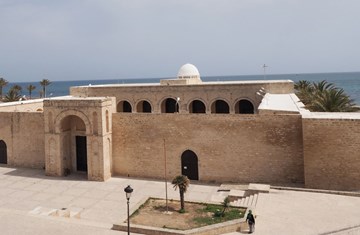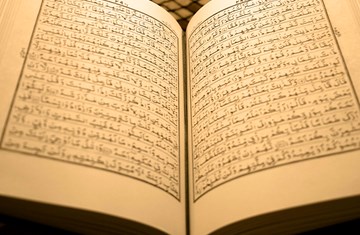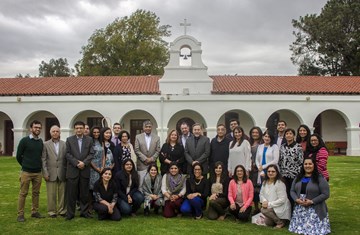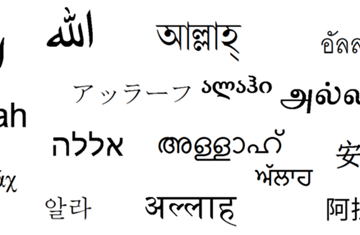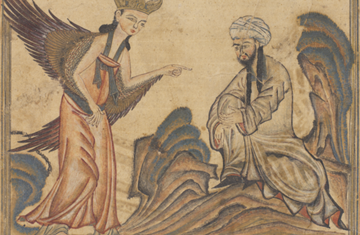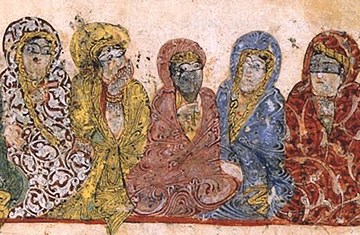Islam's Reformist Tradition
Keywords: Reform, Reformist, Abduh, al-Afghani, European Enlightenment, Salafi, Fundamentalism, traditionalists, Soroush, Taha, Ijtihad, tradition
Abstract: The search for an authentic path that links Islam's traditions to the modern world - the Muslim reformist tradition - has deep roots, stretching back to the middle of the 19th century. Reformists have aspired to participate in the centuries-long discussions among Muslim scholars about the proper ordering of Muslim life, reflecting on and seeking to reform the state of their own societies. The influence of the first wave of reformers has been significant, but paradoxically their ideas have spawned conservative trends amongst Muslim thinkers. Today, although there are many reformists amongst Muslims, their existentialist voices are often drowned out by the noise of more essentialist thinkers. Within the larger contemporary context where conflicts have manifested, Muslim reformists are subjecting traditional frameworks to scrutiny, attempting to separate the core ethical principles of Islam from the various historical adaptations that conservatives have enshrined as sacred, and seeking to better understand how universal principles can be expressed through Muslim tradition.

